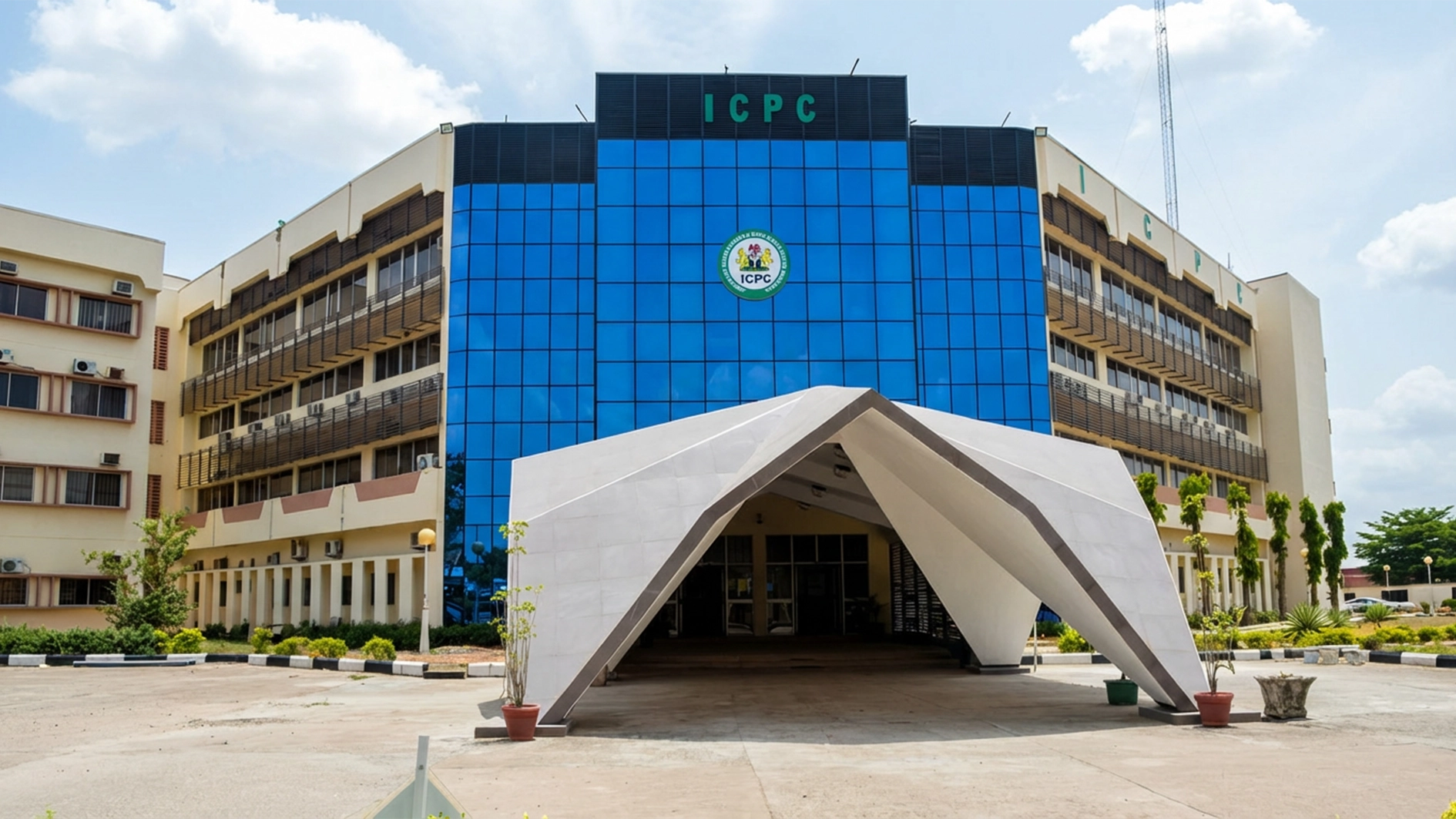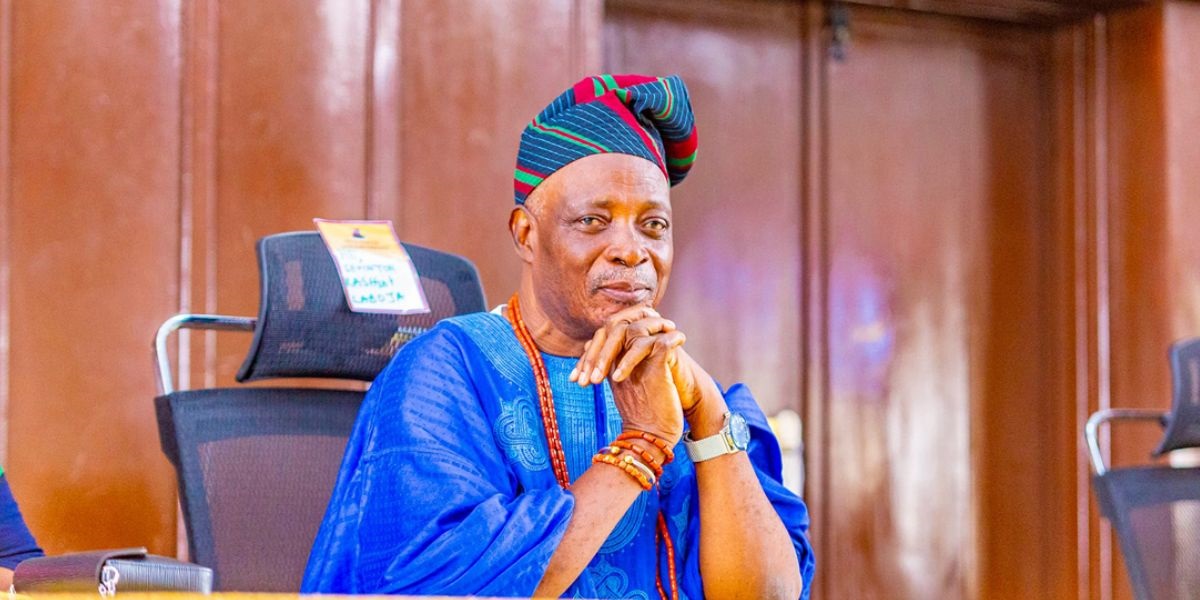
• Speak to burning issues, PDP tells President
As the economy rises from the ashes of 2024, President Bola Tinubu said the year would usher Nigeria into a new era of prosperity and “brighter days”.
The President, in his New Year speech, admitted that the economic crisis posed a “significant concern for many Nigerian households”. But he was confident that the new year would bring brighter days as “economic indicators point to a positive and encouraging outlook” for the country.
From high inflation rate, cut-throat cost of borrowing, naira debauchery, tax reform and regulatory clampdown to cash squeeze, electronic payment flip flop, energy subsidy controversy and minimum wage negotiation, last year was, indeed, an exceptional year for Nigeria.
With most of the issues yet to be resolved and eyes on key economic rates (inflation, exchange and interest), higher value-added tax (VAT), more disciplined fiscal regime, consolidated tax framework and energy sovereignty, 2025 promises to be transformational.
Interestingly, the disturbing economic rates had climbed to multi-decade highs much earlier last year but inched to what appeared like an inflection point on the eve of this year.
Headline inflation, for instance, had eased slightly before it rose gradually from September to settle slightly below 34.6 per cent in November. But while the composite consumer price index (CPI) printed a new multi-decade high in November, the disturbing food inflation was about 100 basis points (bpts) below its peak in June (40.87 per cent), suggesting that the curve is flattening downward.
With the inflation rate running its course for upward of three years, inflation expectation, a key factor pushing the pressure, also seems to be weakening. For one, key commodity prices have stalled, though month-on-month inflation, which also defines the intensity of the growth, has remained elevated at 2.64 per cent.
Though a pass-through effect, foreign exchange (FX) is a key driver of the country’s price crisis with some economists saying it accounts for nearly 50 per cent of the inflationary pressure. The Naira ended last year at 1,535/$1 at the official market, losing as much as 41 per cent in the year.
But it demonstrated strength towards the end of the year having recovered from near N1700/$ low. At the parallel market, the melting pot of market anxiety, the currency traded around N1,640/$ yesterday – also a modest appreciation from the all-time low (N1,900/$). Some economists believe the currency, which even international observers admit is undervalued, has sufficient room for appreciation.
The Central Bank of Nigeria (CBN) in December, introduced the Electronic Foreign Exchange Matching System (EFEMS) for FX transactions in the Nigerian Foreign Exchange Market (NFEM). The roll-out heralded a more transparent regime, which saw the value of naira edging up from about N1650/$ to about N1500/$. The local currency has remained fairly stable since the new platform was unveiled, with analysts pointing to 2025 as the year of naira recovery.
A stronger naira, a key trend the market is earnestly awaiting in the year, means cheaper imports for Nigeria, a country that relies largely on foreign markets for consumables and other essentials.
But the President, in his speech, expressed confidence that improved local capacity, a key objective of his reforms, would benefit Nigerians immensely as it would help to rein in the ultra-high inflation rate.
“In 2025, our government is committed to intensifying efforts to lower these costs by boosting food production and promoting local manufacturing of essential drugs and other medical supplies. We are resolute in our ambition to reduce inflation from its current high of 34.6 per cent to 15 per cent. With diligent work and God’s help, we will achieve this goal and provide relief to all our people. In this new year, my administration will further consolidate and increase access to credit for individuals and critical sectors of the economy to boost national economic output,” the President noted in his speech.
Two days to the end of last year, Warri Refining and Petrochemical Company came back to life to add to local crude processing capacity earlier rebooted with the opening of its Port Harcourt sister facility. Whereas Nigeria still reportedly imports over 30 million litres of fuel daily – over 75 per cent of its need – hope rises on the possibility of rewriting the country’s fate as a petrol product import-dependent country.
And these odds are not much. One, the Dangote facility, which has sufficient capacity to meet local consumption, is looking at ramping up its production in the year. Also, the Nigerian National Petroleum Company Limited, which owns 450,000 barrels per day (bpd) refining capacity, is looking at aggressively revamping its two other plants to give Nigerians a viable and robust option in the deregulated downstream oil market.
The combined efforts could save the country a lot in fuel imports, which the Minister of Finance and Coordinating Minister of the Economy, Wale Edun, estimated at $600 million monthly. One of the potential gains of energy sovereignty, which is possible this year, is a stronger naira. Another is higher local capacity utilisation.
EARLIER, the Peoples Democratic Party (PDP) urged the government to take concrete steps to reduce the price of fuel, address widespread hunger and provide clear-cut measures to guarantee the security of lives and property in the country.
The party said its position is predicated on the fact that “previous addresses by the President in the last 18 months dwelt only on hopeless rhetoric, unsubstantiated statistics, false promises, conjured performance claims and validation of flawed elections without concrete mechanisms to address insecurity, resuscitate the economy, create jobs, ensure credible elections and guarantee better living standard for Nigerians”.
The opposition party, in a statement by its national publicity secretary, Debo Ologunagba, said Tinubu must speak to the issues of unbridled corruption, deceit, budget padding, reckless and wasteful spending directed to fund luxury appetite of APC leaders, insensitivity to the pains of citizens and total disregard to the obligation of government which has made life unbearable for Nigerians under his watch .
“Furthermore, Mr President should come clean on his public commitment to fight corruption by ordering an investigation and recovery of the over N25 trillion reportedly stolen by APC leaders and officials in government who have turned government agencies to Automated Teller Machines (ATM) to siphon funds for their benefit while other Nigerians wallow in abject poverty, hunger and starvation,” the statement said.
NOTWITHSTANDING, Tinubu is hopeful of a great future. He also told Nigerians that economic indicators point to a positive and encouraging outlook even as fuel prices have gradually fallen with the economy recording “foreign trade surpluses in three consecutive quarters”.
“Foreign reserves have risen, and the naira has strengthened against the U.S. dollar, bringing greater stability. The stock market’s record growth has generated trillions of naira in wealth, and the surge in foreign investment reflects renewed confidence in our economy,” he said.
As the year kicks off in earnest, the President promises: “The administration will further consolidate and increase access to credit for individuals and critical sectors of the economy to boost national economic output. To achieve this, the federal government will establish the National Credit Guarantee Company to expand risk-sharing instruments for financial institutions and enterprises.”
The company is expected to start operations before the end of the second quarter in partnership with the Bank of Industry (BoI), the Nigerian Consumer Credit Corporation, the Nigerian Sovereign Investment Agency, the Ministry of Finance Incorporated, the private sector as well as other multilateral institutions.
“This initiative will strengthen the confidence of the financial system, expand credit access and support under-served groups such as women and youth. It will drive growth, re-industrialisation, and better living standards for our people,” the President told Nigerians.
The government would continue to embark on necessary reforms to foster sustainable growth and prosperity, he said, counting on the cooperation and collaboration of all stakeholders as the administration continues to exploit options to rev up the economy to a trillion-dollar mark.
To achieve national goals and objectives, the government is counting on Nigerians to “become better citizens and uncompromising in our devotion and allegiance to Nigeria”.
“Citizens’ moral rectitude and faith in our country are fundamental to the success of the Renewed Hope Agenda. In 2025, we will commit to promoting adherence to ethical principles, shared values and beliefs under the National Identity Project.
“I will unveil the National Values Charter, already approved by the Federal Executive Council, in the first quarter of 2025. I will launch an ambitious national orientation campaign that fosters patriotism and love for our country and inspires citizens to rally together. The charter will promote mutual commitments between the government and citizens and foster trust and cooperation among our diverse population and between the government and the citizens,” he disclosed.
The President insisted that as “far-reaching and foundational as our reforms are” they would only yield the desired results through shared common values and unconditional love for the country.
The planned Youth Confab, he said, would begin this quarter of 2025 and would serve as a testament to the administration’s commitment to youth inclusiveness and investment as nation-builders.
“The Ministry of Youth will soon announce the modalities for selecting the conference’s representatives from our diverse, youthful population,” he revealed.
The President also called on governors and local council chairpersons to work closely with the Federal Government to leverage opportunities in agriculture, livestock and tax reforms to chart a new cause for the country’s growth. He commended the state governments for embracing the compressed natural gas (CNG) initiative as well as others have adopted electric vehicles as part of the country’s energy mix assuring them of his support.
The Presidential CNG Initiative (Pi-CNG), touted as a revolutionary in the transport system by the government, is threatened by mistrust and slow infrastructure rollout even as the important CNG refuel stations are still located in a handful of states.
Whereas the Initiative has signed up close to partners across the automotive and transport ecosystem and commitments pouring into the programme from within and outside the country, actual investments are sluggish and sometimes take forever to materialise.
Over a year into the programme, which the Federal Government has pumped billions of naira into, the presence of the CNG intervention is yet to be felt, in both conversion facilities and filling stations. Interestingly, there are more conversion centres than filling stations. This year, hopefully, will test the government’s resolve to scale up what currently appears like a mere pet project and make a real option for Nigerians who are searching for an alternative to expensive fuel.
More than anything else, Nigerians also look forward to how the impasse surrounding the controversial tax reforms is resolved alongside its many grey areas. While the President’s men find a soothing balm for the ethical frails around the reforms, businesses and taxpayers will begin to weigh what is in the reforms for them.
Already, the head of the reform team, Taiwo Oyedele, has assured that 90 per cent of the taxpayers would pay far less than they currently pay just as the government would earn more from the improved efficiency. That sounds like a win-win for a country searching for workable options to reduce poverty and increase public revenue at the same time. In a few months, Nigerians would know how supposedly trade-off policies could be achieved at the same time.






